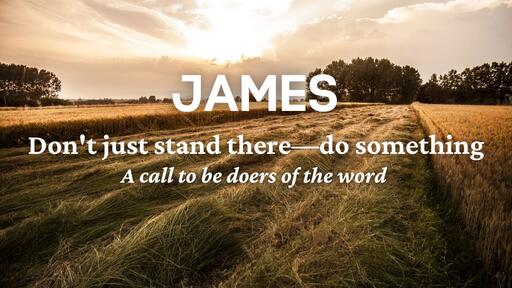The Snare of Riches (James 4:13-5:12)

A message from James 4:13-5:12 on Sunday, October 22, 2023 by Kyle Ryan.
Introduction
Point #1: Make plans, but hold them loosely (James 4:13-17)
Point #2: Don’t covet, the Rich’s woeful end (James 5:1-6)
Saving is not ungodly if it is for a godly purpose, such as providing for ourselves so that we are not a burden on others, and providing for others. Wealth is to be used, not amassed.
as with all good things, wealth is to be used in the service of others, not in the service of self. Wealth is to be used. We’re to be those who have in order to be those who give. In other words, we should never be living as well as we could. Unless we are living right on the poverty line, we should be giving to help meet the needs of others.
Point #3: Wait patiently, the LORD is coming (James 5:7-12)
Suffering of one kind or another is normal for the people of God. It is not the sign that things have gone wrong, but that they’ve “gone normal”.
It is part of our arrogant, sinful nature to assume that we are the first generation ever truly to experience what we’re going through. James wants his readers to be very clear that what they are facing, while by no means easy, is certainly not new. Those who suffer as Christians are not blazing a new trail, but travelling a well worn path.
